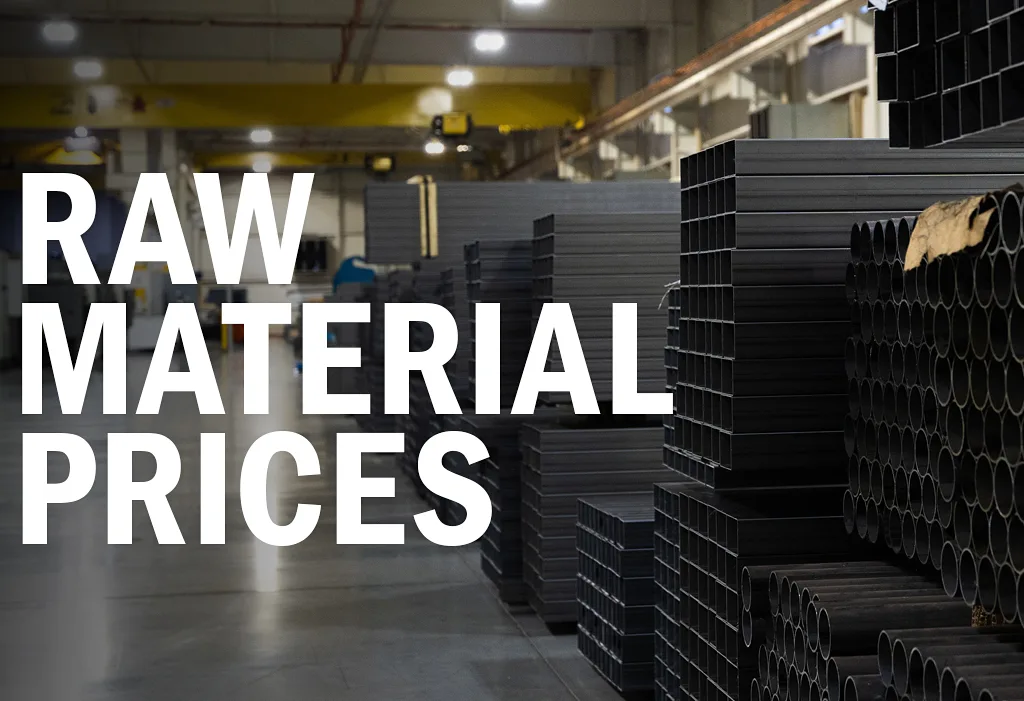Companies in the industrial goods sector of the Nigeria Stock Exchange (NGX) experienced a sharp rise in their raw material costs during the first half of 2024.
According to financial reports, the cost of purchasing materials increased by 98.9%, reaching ₦331.51 billion compared to ₦166.65 billion during the same period in 2023.
Join our WhatsApp ChannelThis steep rise in costs primarily affected companies like Dangote Cement, BUA Cement, CAP Plc, Lafarge Cement, and Beta Glass. These firms, which rely heavily on imported raw materials such as gypsum for cement production and binders for paint, were hit hard by the depreciation of the naira.
Breakdown of Raw Material Costs
Among the most affected companies, Dangote Cement reported an increase of 95% in raw material costs, reaching ₦200.78 billion in H1 2024, compared to ₦102.76 billion in H1 2023.
BUA Cement experienced a similar rise, with raw material expenses growing from ₦39.41 billion to ₦94.89 billion over the same period.
READ ALSO: Olympics: Like Crude Oil, Nigerian Sports Is Raw Material For US, Europe, Other Countries
Lafarge Cement saw a more moderate increase, with costs rising from ₦13.75 billion in 2023 to ₦15.03 billion in 2024. In contrast, Beta Glass reported a 135% rise, from ₦2.60 billion to ₦6.12 billion in raw material expenses.
For paint manufacturers, Berger Paints saw its raw material costs grow from ₦2.06 billion in the first half of 2023 to ₦3.22 billion in 2024. CAP Plc experienced the highest surge, with costs jumping 163%, from ₦3.72 billion to ₦9.8 billion in the same period.
Surprisingly, Notore Chemical bucked the trend, reporting a 34.5% decrease in raw material costs, from ₦2.26 billion in 2023 to ₦1.48 billion in 2024.
Naira Depreciation Impacts Raw Material Costs
The major driver behind the rising costs of raw materials in Nigeria’s industrial goods sector has been the significant depreciation of the naira. At the beginning of 2024, the naira was trading at ₦907/$ and had dropped to ₦1534/$ by the end of June 2024, making it one of the worst-performing currencies globally.
The depreciation heavily impacted companies that rely on imported raw materials. As Dr. Gbenga Fapohunda, Chief Financial Officer of Dangote Cement, stated during an investor call, “Basically, the FX loss reported is due to the devaluation on our foreign currency loans, which we used for working capital. This includes buying AGO, spare parts, and input materials like gypsum.”
With the volatility of the naira, companies have been forced to adjust their sourcing strategies. The Group Managing Director of Dangote Cement mentioned that in response to the fluctuating exchange rates, the company will now prioritize local sourcing of raw materials to mitigate costs.
Raw Material Imports Soar by 162.5%
The challenges caused by the naira’s depreciation extend beyond individual companies to the broader importation of raw materials. According to the National Bureau of Statistics (NBS), raw material imports in Nigeria increased by 162.5%, from ₦1.12 trillion in the first half of 2023 to ₦2.95 trillion in the same period of 2024.
This sharp rise in import costs has been a significant factor in the increased expenses faced by companies in the industrial goods sector, further eroding their profit margins.
Price Impact on Consumers
The rise in raw material costs has inevitably translated into higher prices for consumers. The price of cement, one of the most widely used products in the industrial goods sector, soared from ₦5,500 per bag at the beginning of 2024 to over ₦11,000 during the second quarter.
Responding to the rising prices, the federal government, through the Ministry of Works and Trade, intervened to bring down the cost of cement. As a result, prices have since stabilized at around ₦7,000 per bag.
However, the situation remains fluid, with potential further increases in raw material costs if the naira continues to weaken. Mr. John Udom, a market analyst, remarked, “With the current state of the economy, there’s no guarantee that prices will stay stable. The devaluation of the naira has pushed costs up across the board.”
Industrial Goods Sector Outlook
Looking ahead, companies in Nigeria’s industrial goods sector face a challenging environment, with exchange rate volatility and rising raw material costs putting significant pressure on their operations. Many are now exploring ways to cut costs, including sourcing materials locally and improving production efficiency.
As businesses adjust to these new economic realities, it remains to be seen whether these strategies will be enough to offset the continued depreciation of the naira and the impact on the cost of raw materials.
The rest of 2024 is likely to remain turbulent for the industrial goods sector, as global economic pressures and local currency challenges continue to shape the cost landscape for key materials.
Emmanuel Ochayi is a journalist. He is a graduate of the University of Lagos, School of first choice and the nations pride. Emmanuel is keen on exploring writing angles in different areas, including Business, climate change, politics, Education, and others.
- Emmanuel Ochayihttps://www.primebusiness.africa/author/ochayi/
- Emmanuel Ochayihttps://www.primebusiness.africa/author/ochayi/
- Emmanuel Ochayihttps://www.primebusiness.africa/author/ochayi/
- Emmanuel Ochayihttps://www.primebusiness.africa/author/ochayi/


















Follow Us